Effective Strategy for Growth
Content Marketing

Content Marketing: The Various Roles in a Marketing Strategy
After the digital era, many things changed, from the facilitating technologies that help us communicate with people far away to the consumer behavior, which shifted from consulting an encyclopedia to searching via Google. In this new context, the concept of Content Marketing emerged.
Simply put, content marketing is about creating content to deliver information to the target audience. In a reality where businesses of all sizes must engage in the digital space and understand current consumer behavior, content creation has proven to be highly relevant.
Content Marketing
Content can come in many forms:
- Video content
- Podcast creation
- Inbound texts focused on landing pages
- Blog texts
- Ebook creation
- Active participation on key social media platforms
- Email marketing
A Little History
In the post-digital era, content creation gained a new perspective. It’s not to say content strategies didn’t exist before the Internet. While TV and radio commercials and advertisements are considered outbound (or offline) content, magazines, newspaper articles, and visual ads were part of traditional content marketing.
However, these strategies were mostly limited to large corporations due to high production costs. The Internet democratized content creation, providing small businesses with more opportunities.
The concept of “Content Marketing” was born in the 21st century as the Internet became more central to society. In Brazil, for example, efforts to expand broadband and internet access began in 1994. With faster internet and better computers in the 2000s, experts like Pierre Lévy and Manuel Castells argued that society had entered this new era.
The rise of messaging platforms, file-sharing programs, and email laid the foundation for online communication, reshaping how businesses engaged with customers.
The Growing Interest in Content
Over the last few decades, society realized the potential of the Internet, with platforms becoming more user-friendly. GPS technology, online banking, and social media enabled deeper user engagement and content creation.
As users grew more active and participatory online, the internet became essential for businesses, allowing users to critique products and services, sometimes leading to negative snowball effects. Thus, companies needed to be prepared to navigate the digital world effectively.
What About Businesses?
In the early days of the internet, businesses were still figuring out how to interact online. Should they create official communities on platforms like Orkut? As companies sought to automate their operations, the need for digital strategies increased.
Large companies created websites and began using email to engage with customers. Programs like CRM were developed to help companies organize their internal operations. The real shift, however, came with social media platforms like Facebook, YouTube, Instagram, and Twitter, which revolutionized content creation possibilities.
The Activities of Content Marketing
Content marketing continues to evolve, guided by user behavior and metrics. Tools like Google Analytics and Google Search Console help track user interactions, such as page visits, bounce rates, and time spent on pages, providing crucial insights for shaping future content strategies.
Content Marketing Roles
For a well-rounded content strategy, businesses need key roles in the marketing department:
- Content Manager
- Editor
- Copywriter
However, many small businesses can’t afford a full marketing team, which is where digital marketing agencies play a key role in bridging this gap.
Content for Landing Pages
Landing pages are crucial for content marketing, as they are designed to inform rather than push sales slogans. Users today seek more than just a product – they look for information and ethics behind a brand. This is why well-crafted landing pages are essential for engaging and converting potential customers.
Video Content
The rise of YouTube opened many doors for businesses, offering not only their own channel but also the opportunity to run ads. Companies can create a variety of video content, including mini-series, documentaries, and live broadcasts, to engage their audience and build brand awareness.
Podcast Creation
Don’t underestimate the power of podcasts! In Brazil, podcast consumption grew 67% in 2019. Podcasts offer a convenient way for users to absorb content while multitasking, making them a perfect marketing tool. Businesses can create internal podcasts for employees or public-facing shows on platforms like Google Podcasts and Spotify.
Blog Texts
A blog is an essential tool for any content strategy. It helps improve website visibility, relevance, and authority, positively impacting search engine rankings. Blog content can be repurposed for other formats, like videos, podcasts, or ebooks, making it a versatile and valuable asset.
Ebook Creation
Ebooks offer in-depth content that educates your audience while positioning your brand as an expert in your field. These longer-form pieces are perfect for providing detailed insights into a specific topic, offering value to your audience and converting potential leads into customers.
Active Participation in Social Media
Your business doesn’t need to be on every social media platform, but it’s important to be active on the ones that align with your audience. Content marketing requires consistency, and frequent posting on social media helps maintain visibility and engagement. Having a well-planned content calendar ensures that your brand stays relevant in the eyes of your audience.
Email Marketing
Email marketing remains an essential tool for businesses. It’s an effective way to stay in touch with your audience, offering valuable content and updates. With automation, email marketing has become even more powerful, allowing businesses to send targeted content to specific user groups based on their preferences.
Feature
- Content Forms
- Evolving Strategies
- Video and Podcast Content
- Landing Pages & Blogs
- Email Marketing
WiFi Digital © Copyright 2025 All Rights Reserved.


